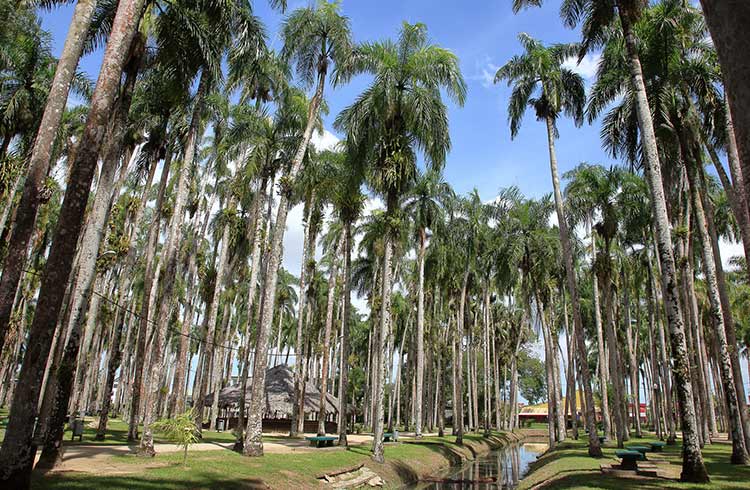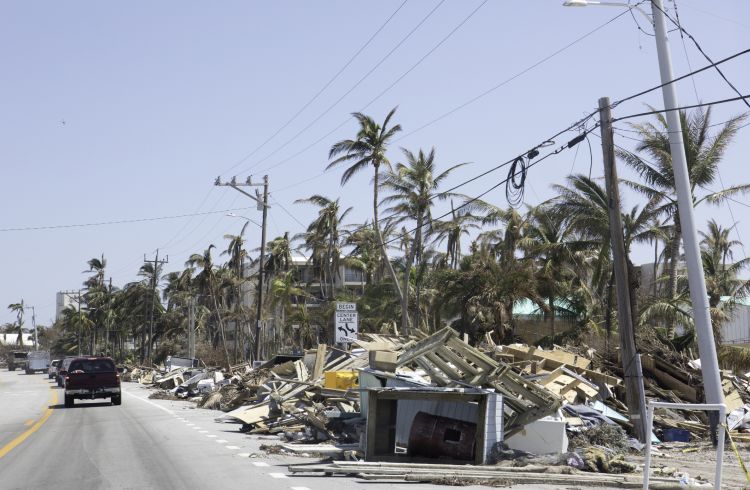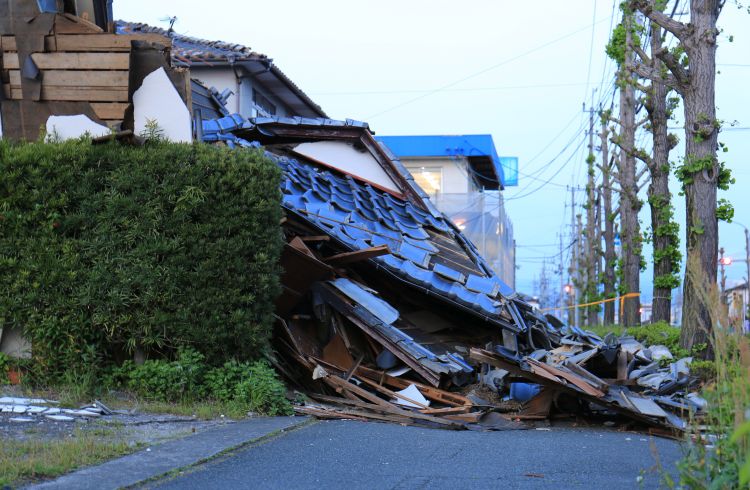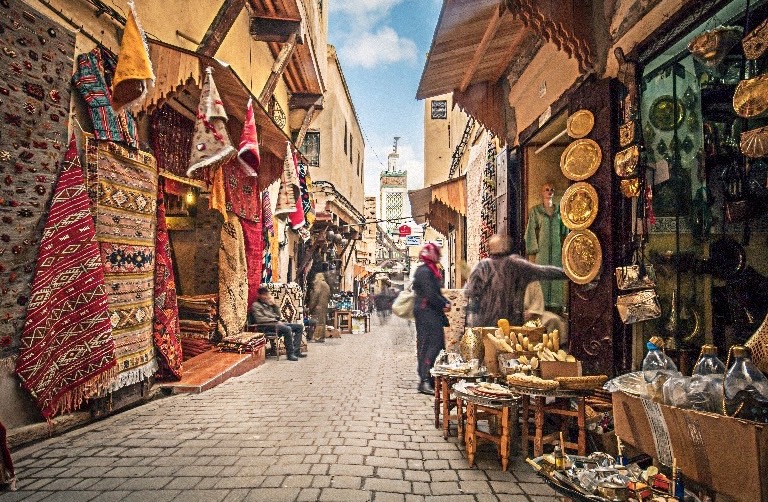Travel Tips: Local Laws, Crime and Customs in Suriname
Find out about crime areas to avoid, how to safely cross borders between Guyana and Suriname, and local laws to know before you go.
 Photo © Getty Images/David Forman
Photo © Getty Images/David Forman
- Areas to avoid
- Border crossings
- Photography etiquette
- Safety for LGBTQ travelers
- Drug penalties
- Listen to The World Nomads Podcast: Suriname
1. Areas to avoid in Suriname
In most areas of Suriname petty crime such as pickpocketing is becoming common, particularly in the business and shopping districts of the capital, Paramaribo. It's a good idea to avoid the Palm Garden (Palmentuin) area of Paramaribo after dark, when there are limited police resources and frequent incidences of violent crime.
There are also a few exotic and not-so-exotic crimes to be aware of in Suriname. Crimes like car theft and theft from cars are relatively infrequent but do occur, especially in areas near the business district. Use your common sense and don't leave valuables in plain sight anywhere in your vehicle.
Carjackings have been reported in Paramaribo, mainly in residential areas. Just use your common sense and lock your car doors and windows, leaving nothing visible in the car when you park it.
Travel to the interior, or the Beating Heart of Suriname, is usually trouble-free, but the police presence outside Paramaribo is minimal, and theft and lawlessness can be a concern in the cities of Albina and Moengo, the district of Brokopondo and along the East-West Highway between Paramaribo and Albina, and the Afobaka Highway in the district of Para. If you plan on traveling to the interior, you are advised to make use of well-established tour companies for a safe experience.
2. Border crossings
You must only ever use official border crossings when traveling between Suriname and Guyana or French Guiana, as there is an ongoing border dispute between these countries. These border crossings are via river, and you'll need to take a ferry to cross over. Make sure you have your passport and tourist card ready to make the border crossings. Keep your important documents safe and secure at all times.
There are no official border crossings into Brazil from Suriname, as this is just dense Amazon Rainforest.
There are many destinations in the interior of Suriname that can only be accessed by air. Small aircraft operate to a number of locations, but be prepared for flight cancellations due to bad weather. Plan ahead to make sure you secure transport to and from these remote locations.
3. Photography etiquette
Many communities in Suriname are traditional, particularly in the dense rainforest areas. You must be respectful of their culture, particularly when taking photographs.
Some of the inland communities have superstitions regarding certain aspects of nature and holy sites, so always ask permission before taking a photo, and always show respect to these sites.
4. Is Suriname safe for LGBTQ+ travelers?
Homosexuality is still a taboo topic in Suriname, however, same-sex relations between men and women are legal. While same-sex marriage is not recognized by law, Suriname does believe same-sex marriage is a human right, and is bound to the January 2018 Inter-American Court of Human Rights ruling.
Since 2015, laws against anti-discrimination and hate speech on the basis of sexual orientation have been in place to protect people in the LGBTQ+ community.
While it's best practice to keep public displays of affection to a minimum while traveling in foreign countries, gay couples should feel safe traveling in Suriname.
5. Harsh drug penalties in Suriname
Penalties for drug offenses, including possession, are severe and include lengthy imprisonment in local jails. Serious crimes, such as murder, may attract the death penalty.
Listen to The World Nomads Podcast: Suriname
Related articles
Simple and flexible travel insurance
You can buy at home or while traveling, and claim online from anywhere in the world. With 150+ adventure activities covered and 24/7 emergency assistance.
Get a quote


No Comments